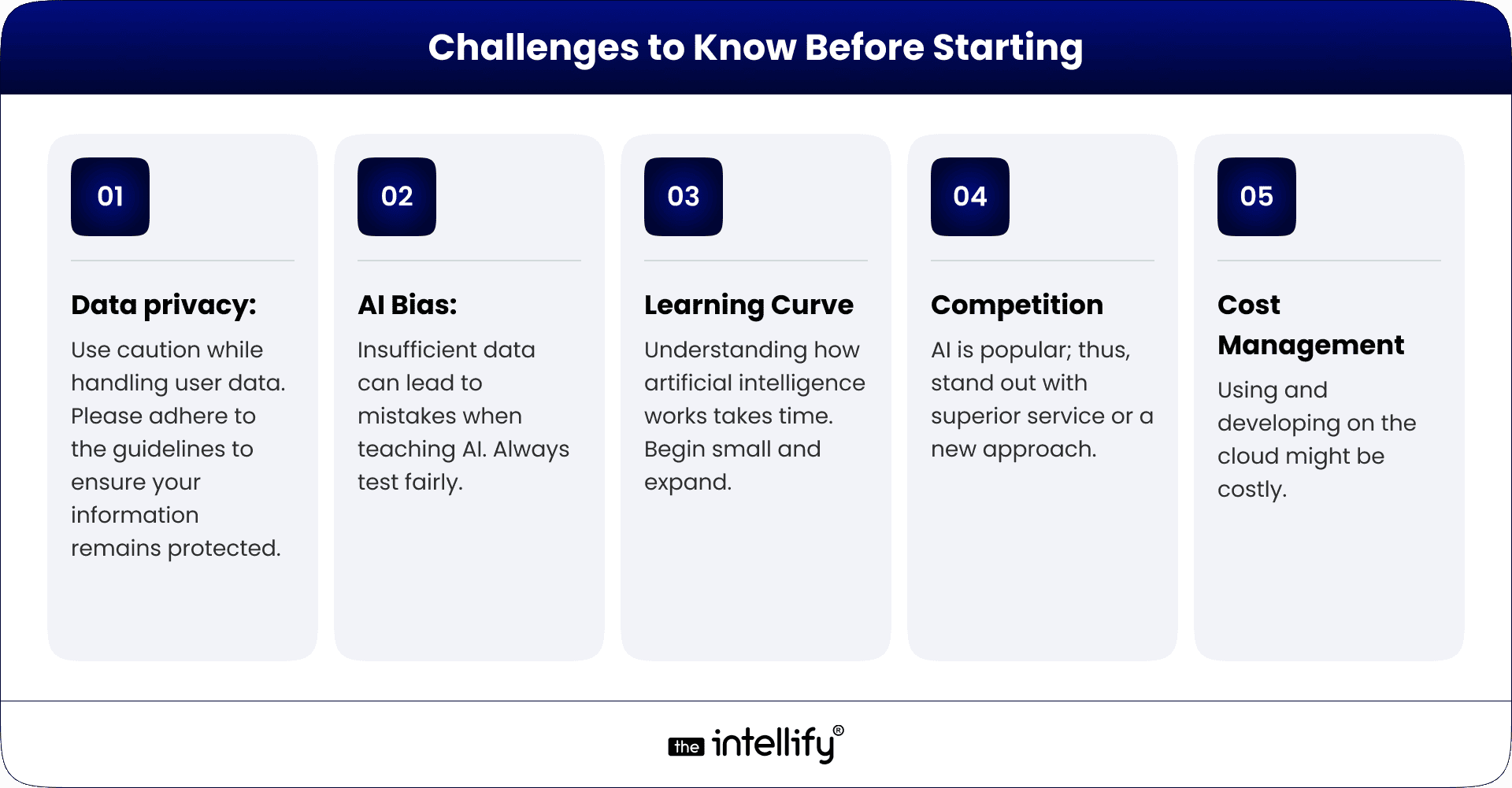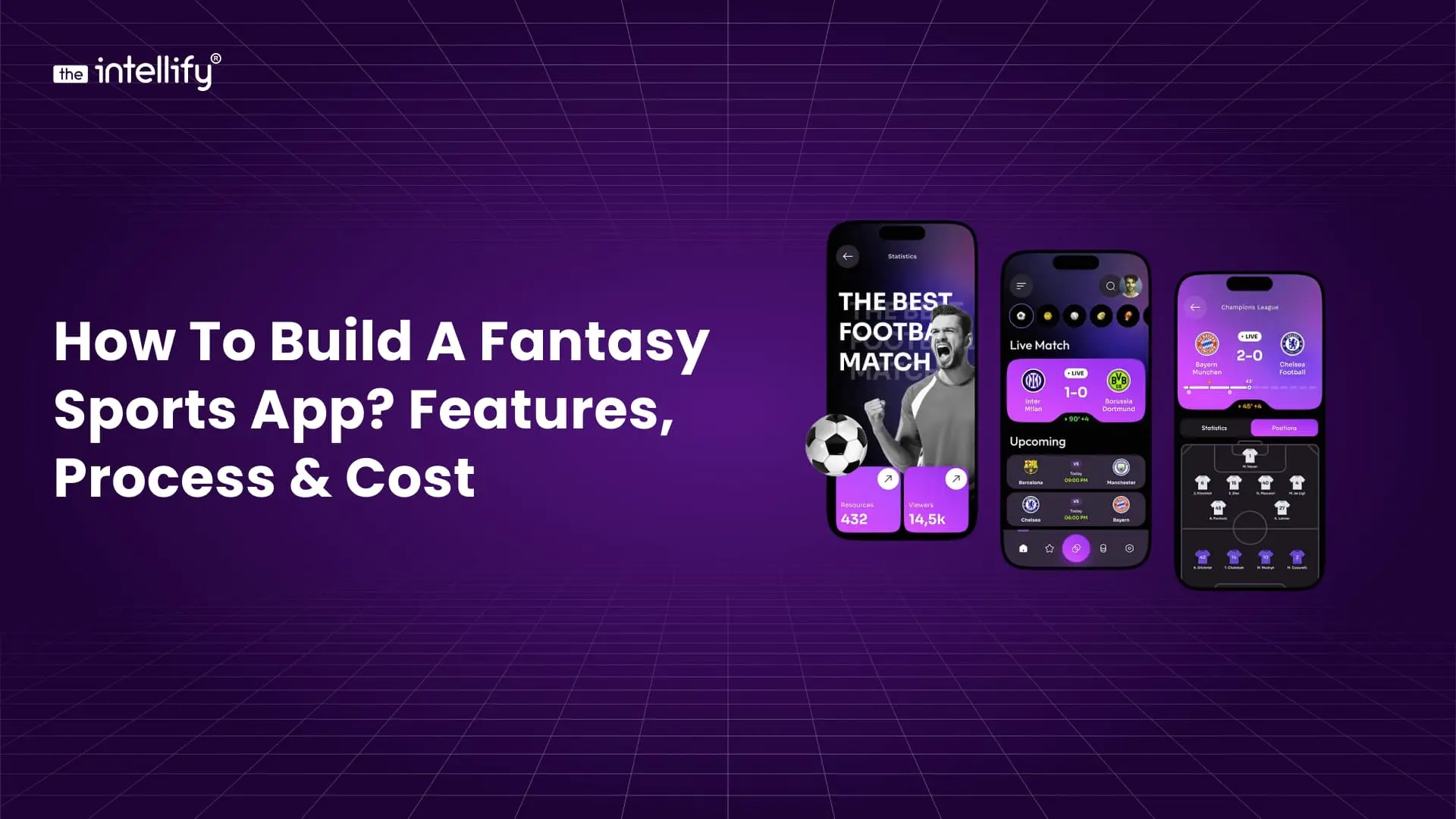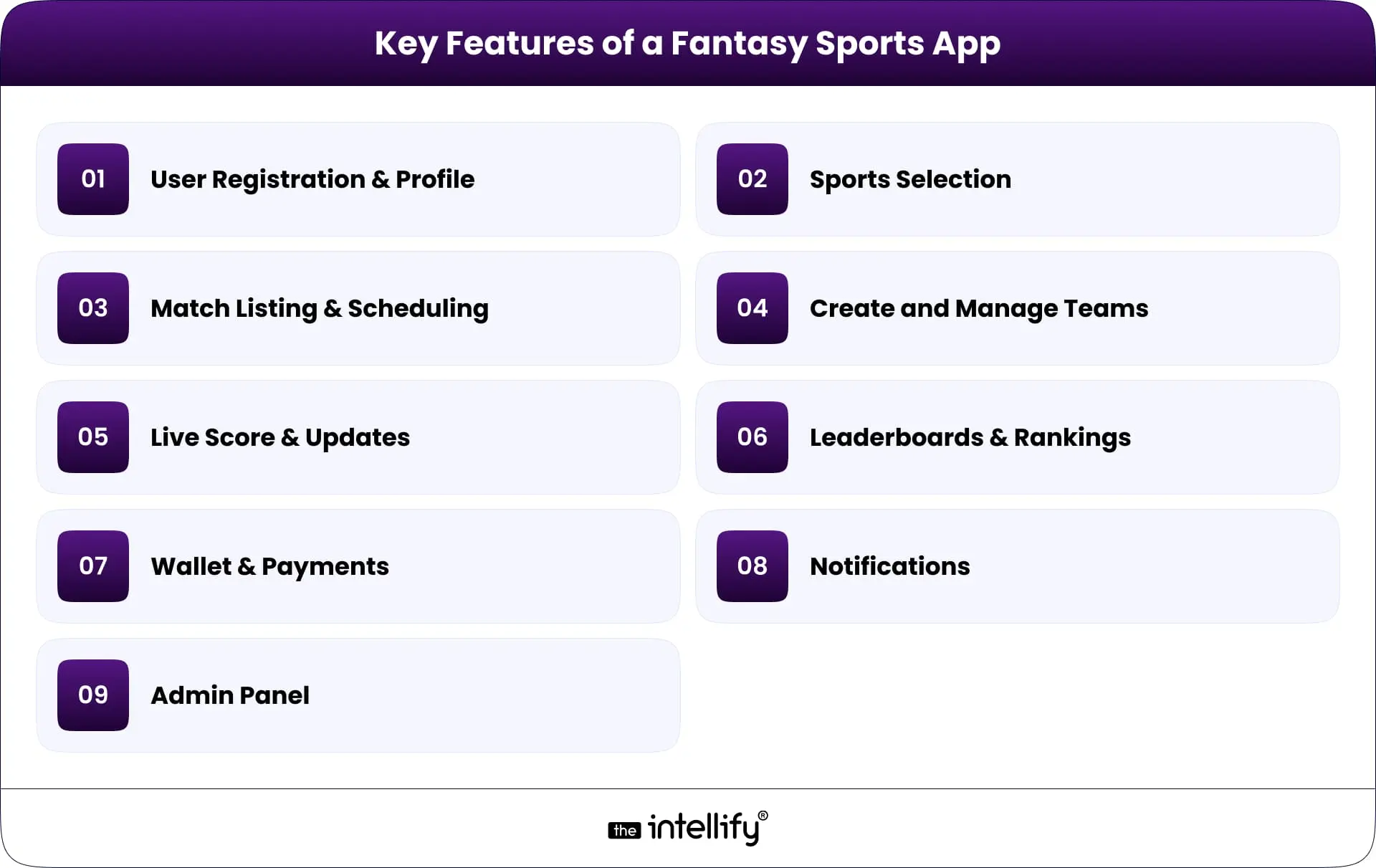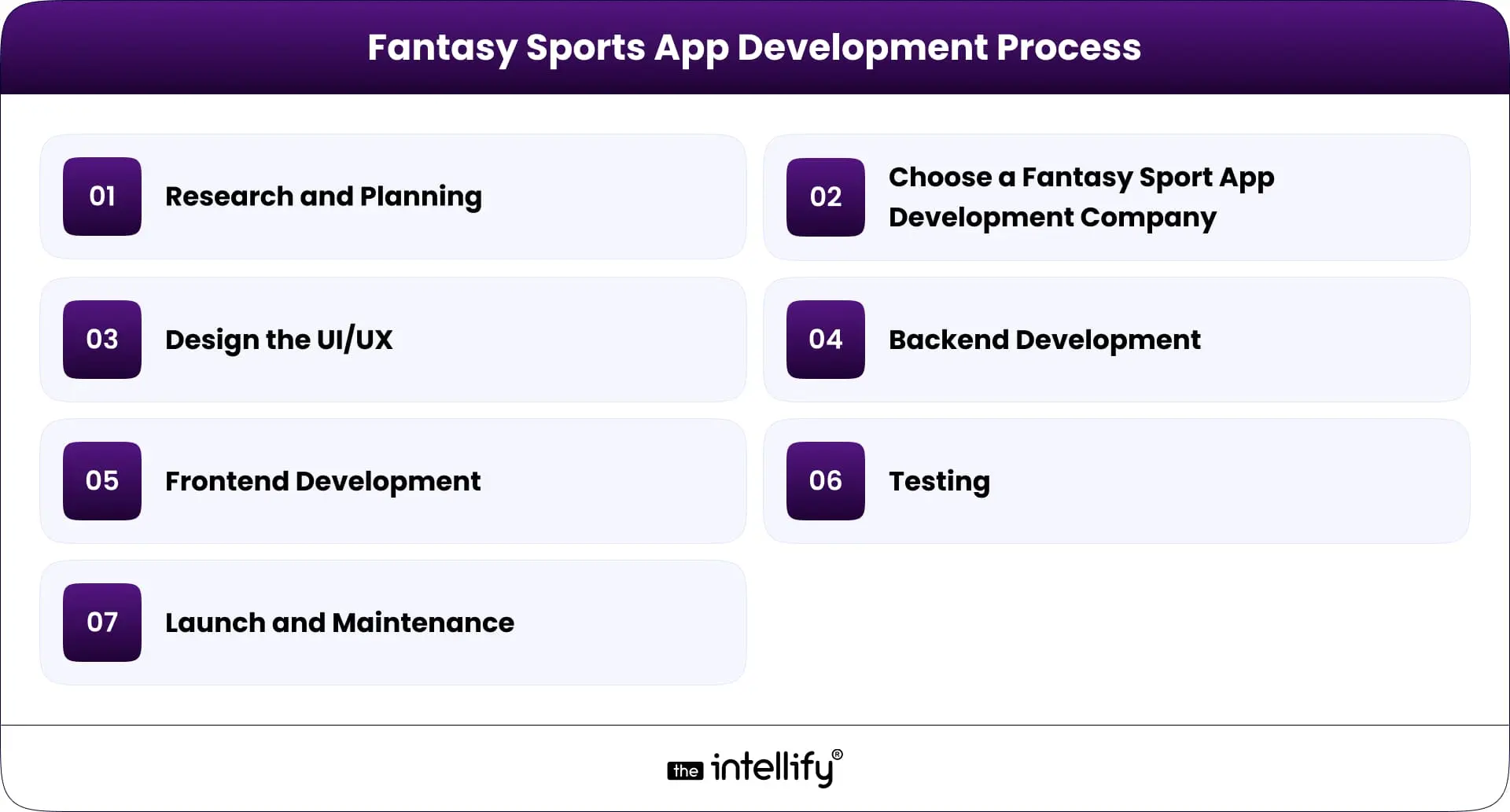Introduction
Artificial intelligence (AI) is no longer only a buzzword. It has emerged as one of the most powerful technologies fueling innovation in virtually every business. AI is altering the way businesses and individuals live in fields ranging from health and education to finance and e-commerce. If you’re planning to start a business in 2025, exploring AI could be a wise and profitable choice.
What is the good news? You don’t need to be a tech whiz to start an AI-powered firm. Many tools and platforms are now user-friendly and accessible, even if you are new to artificial intelligence. This article will discuss 10 intriguing AI business concepts for 2025. We’ll also discuss some important tools, issues to be aware of, and how to get started quickly.
Why AI Is a Smart Business Move for 2025
Artificial intelligence enables organisations to make better decisions and save time and expenses. Small businesses may do outstanding things because of automation and creative solutions. Here are some ways AI may help:

As AI advances, the possibilities for creating helpful, lucrative enterprises expand exponentially. According to recent research, organizations that integrate AI early earn a huge efficiency and customer satisfaction advantage. Whether you’re a lone entrepreneur or run a giant firm, adopting AI technologies may help you stand out in a crowded industry.
Top 10 AI Business Ideas to Start

1. AI Education Platform
Teachers can also gain valuable information about students’ progress. Platforms such as Squirrel AI and Century Tech are already having an impact in this field. These platforms may also include features such as real-time feedback, speech recognition for language learning, and customized learning routes based on student success. The objective is to make education more accessible, engaging, and efficient.
2. AI Education Tools for Teachers and Students
These technologies save time and make learning more interesting. AI-based flashcard producers, plagiarism checks, and tools for converting text into interactive quizzes are among the most prominent use cases. AI can also help kids with learning difficulties by utilising speech-to-text, predictive text, and visual assistance.
3. AI Automation Tools for Small Businesses
Chatbots, smart calendars, and automatic email answers are examples of AI systems that can perform these duties, saving up time for company owners. Automation might involve billing, bookkeeping, social media posting, and responding to consumer reviews. Integrating AI with CRM systems such as HubSpot or Salesforce provides small organizations with a strong, low-maintenance solution for efficient growth.
4. AI-Powered Fraud Detection for Online Stores
Creating a fraud detection tool for small e-commerce businesses could significantly transform the industry. Companies like Kount and Signifyd inspire. Your solution can make use of machine learning models to scan real-time payment trends, login patterns, and location data. You might also use warnings or automatic steps to prevent suspicious transactions, notify administrators, or enforce two-factor authentication.
5. AI-Powered Health Monitoring Services
AI-powered applications can monitor your heart rate, sleep, food, and mental wellness. Using AI, you may construct best health-tracking software that provides daily health advice or alarms. There is also an increasing need for remote patient monitoring systems that utilise artificial intelligence to detect indicators of deterioration or sickness early. With the proliferation of wearable devices such as smartwatches, incorporating AI for real-time diagnostics has never been easier or more popular.
6. AI-Powered Financial Planning Assistants
You don’t need a large budget to create one; inexpensive AI APIs are accessible. A top AI financial solutions may assist users with planning their taxes, understanding investments, and even simulating various savings objectives. These assistants, which combine predictive analytics with simple dashboards, provide consumers with more intelligent management over their finances.
7. AI Content Generation for Blogs and Social Media
You may launch a firm that develops and sells AI-written content to busy entrepreneurs or influencers. These technologies may also create SEO-friendly material, recommend keywords, and reuse content across several platforms. You may provide weekly blog packages, AI-generated newsletters, and bulk material for e-commerce product listings.
8. AI-powered Virtual Customer Assistants
Tidio and Drift allow you to create and deliver unique chatbot services to small businesses. Virtual assistants may also be educated to deliver individualised customer support by analysing consumer behaviour and comments. They cut support expenses, shorten response times, and are accessible around the clock.
9. AI for Personalized E-Commerce Recommendations
Including this function on tiny e-commerce websites can increase revenue and customer happiness. This form of AI may also improve email marketing, personalise landing sites, and recommend packages based on user data. Small online shops that use AI for customisation are more likely to retain consumers and improve average order value.
10. AI is for Predictive Maintenance in Manufacturing.
If you’re interested in industrial technology, this is a promising field to pursue. AI algorithms can predict equipment faults and plan maintenance based on sensor data. This process reduces downtime and increases equipment life. Businesses in the industrial, logistics, and facilities management sectors can gain significantly.
How to Select the Right AI Tools
You don’t have to begin at the beginning. Many AI technologies and platforms are ready for usage. Here are a few beginner-friendly options:
- ChatGPT/OpenAI: Ideal for content development and chatbots.
- Zapier combines AI and automation for simple tasks.
- Google AI Tools provides machine learning and speech recognition APIs.
- Teachable Machine by Google: This allows you to design bespoke AI models without coding.
- MonkeyLearn: For Text Analysis and Classification
- Petition: Building deep learning models without requiring a PhD.
Begin with free or low-cost tools and expand as your business grows. Always try out multiple tools to evaluate which one best suits your needs, budget, and ability level.
Key Elements of a Successful AI Business
- Solve an actual problem: Make sure your concept benefits individuals or companies.
- Keep things simple: Easy-to-use items attract more customers.
- Use the proper tools: Don’t recreate the wheel; instead, make use of what already exists.
- Test and improve: Gather input to improve your product.
- Stay informed: AI is continuously evolving, so keep learning.
- Provide excellent support: Make it easy for users to get assistance.
- Use SEO, social media, and partnerships to develop your business.
Challenges to Know Before Starting

These challenges are not insurmountable. With the correct mentality, resources, and support, you can overcome obstacles and create something worthwhile.
Future of AI in Business
AI will only become better. Soon, we’ll have more capable virtual assistants, better health applications, and more precise financial tools. Starting now gives you a competitive advantage. As more customers search for AI-powered services, your company will be prepared to satisfy their demands.
We predict that technologies like generative AI, edge AI, and explainable AI will dominate in the coming years. Entrepreneurs that remain interested and adaptive will find infinite opportunity to innovate.
About The Intellify
The Intellify helps businesses bring their AI concepts to life. Whether you’re creating an AI teaching platform, health-tracking software, or an intelligent chatbot, our team will help you from idea to launch. We provide experienced AI development services, tailored solutions, and ongoing support.
We specialize in making AI useful and accessible to organizations of all sizes. From idea validation to full-scale implementation, The Intellify enables you to confidently take the next important step.
If you’re ready to make your AI company concept a reality, The Intellify is your reliable partner in innovation.
Final Thoughts
Starting an AI business in 2025 does not need to be difficult. Anyone can participate in the AI revolution with the proper concept, basic tools, and a clear goal. Choose a concept that matches your passion, tackle real-world issues, and don’t be afraid to start small.









